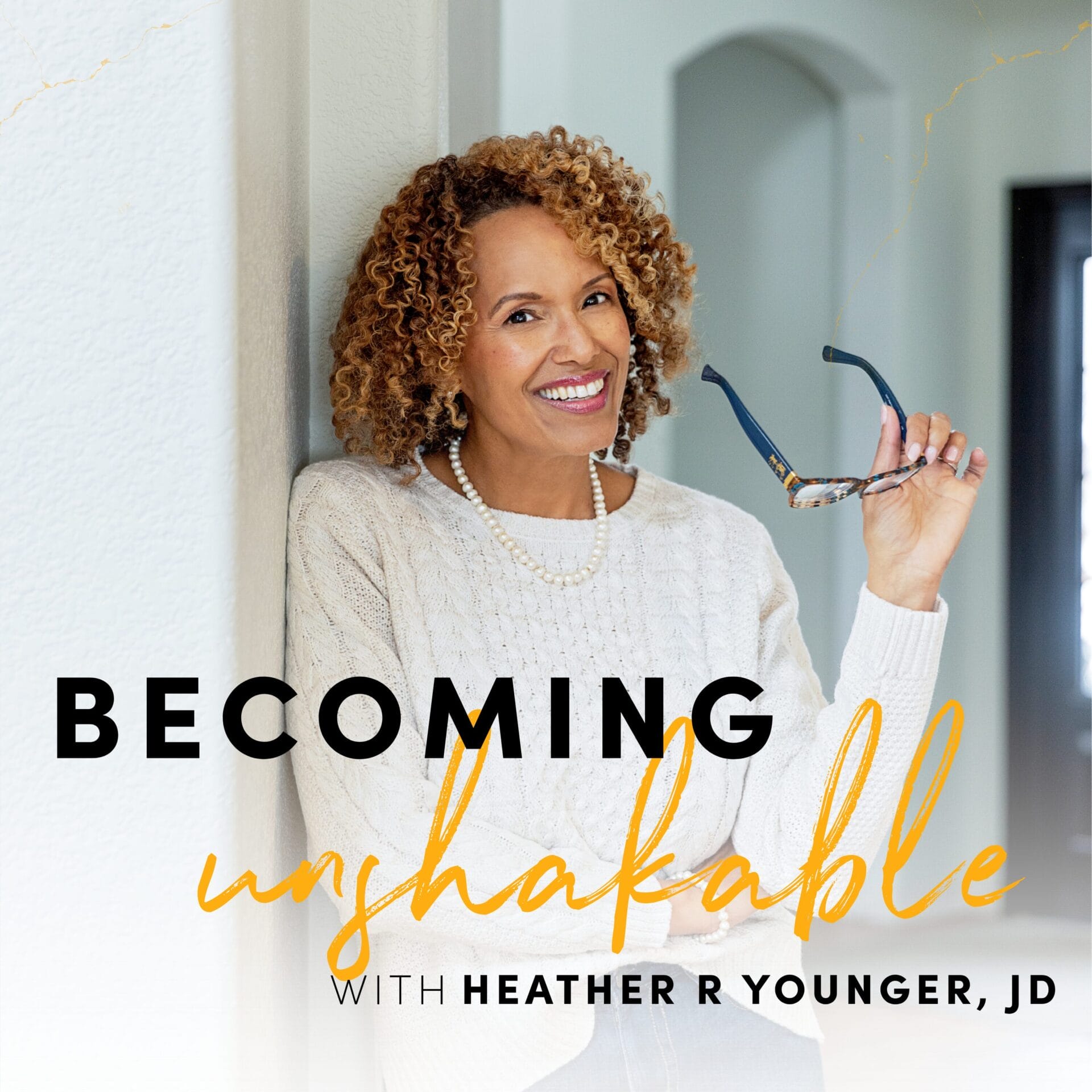I get asked often, "Can active listening be taught?"
I wouldn't do the work that I do if I didn't think active listening was a skill that could not only be taught, but improved tremendously as we grow throughout both our career and our everyday life. At first, you have to have an awareness that you are not listening well. Unfortunately, this will often come to fruition because it's affecting important parts of your life. I can admit that my life lately has been a little nutty, and my kids have told me that I haven't been the best listener. That led me to realize that I have to step back, close the laptop, put the phone down, and simply just pay more attention. When I put those things above them, I am saying this is more important than they are. But they deserve my undivided attention, open mind, and open ears just like everyone else does. It pays to humble yourself and first ask, "Am I really that good of a listener?" Because odds are, none of us are that good.
Recognizing Opportunities to Improve
When you hear the term Active Listening, you may think it's something you do very well because we often think we are good listeners if we don't create any conflicts, and we feel people leave our discussions with satisfaction. But do you really listen as well as you think you do? I often talk about my kiddos because they constantly provide me with invaluable lessons, and you probably go through similar experiences in your personal life too, but even in the workplace, the majority of us listen with the intention of giving some sort of response. An answer to a question, your opinion, whatever you may be waiting to respond with.
That is not active listening.
Oftentimes, that's why we are so quick to be dismissive, because we just want to give an answer, so they can move on, and we can get back to what we were doing. So this is why I say that active listening can be taught and continues to be an ever evolving skill in not only caring leadership, but in life, because none of us are ever going to be 100% perfect at it.
How Are They Feeling?
Once you've recognized that this is an area that you need to work on, next you need to think about these additional questions:
Have you taken the time to ask this person on the other end of your conversation if they feel heard?
Does this person on the other end of your behavior feel the way that you intended them to feel?
To effectively learn and develop the skill of active listening, you have to have awareness, desire, and stamina in order to change. But you also have to have the courage to ask the tough questions first. You may 'think' this person left your conversation confidently and contently, but what if you accidentally cut them off, and they didn't elaborate or talk about what they really needed? We don't know if we don't ask, and we don't know if we don't observe. So here are a few ways to improve that:
- Pay attention to nonverbal clues and body language. Are they verbally saying one thing but physically saying another?
- Make sure you comprehend what the other person is conveying. If there are pieces of information you feel you are missing or areas you feel you're misunderstanding, ask for clarification without interruption. Gather information as they say their piece and ask questions after.
- Respond in a way that summarizes everything that they've said, so they know and you know you're at full communication with understanding.
- Provide feedback or advise that you've heard what they have to say and need to take time to get back to them with an action plan.
- Don't leave the conversation until you know they're satisfied with the outcome.
Reflection
If I didn’t feel that active listening was such an important part of life, I wouldn’t have written a book about it. It’s the foundation to all good communication, and good communication is the foundation of every successful relationship, especially in the professional world. Active listening can be taught, it can grow with you, and most of all it can improve the quality of your work environment.




